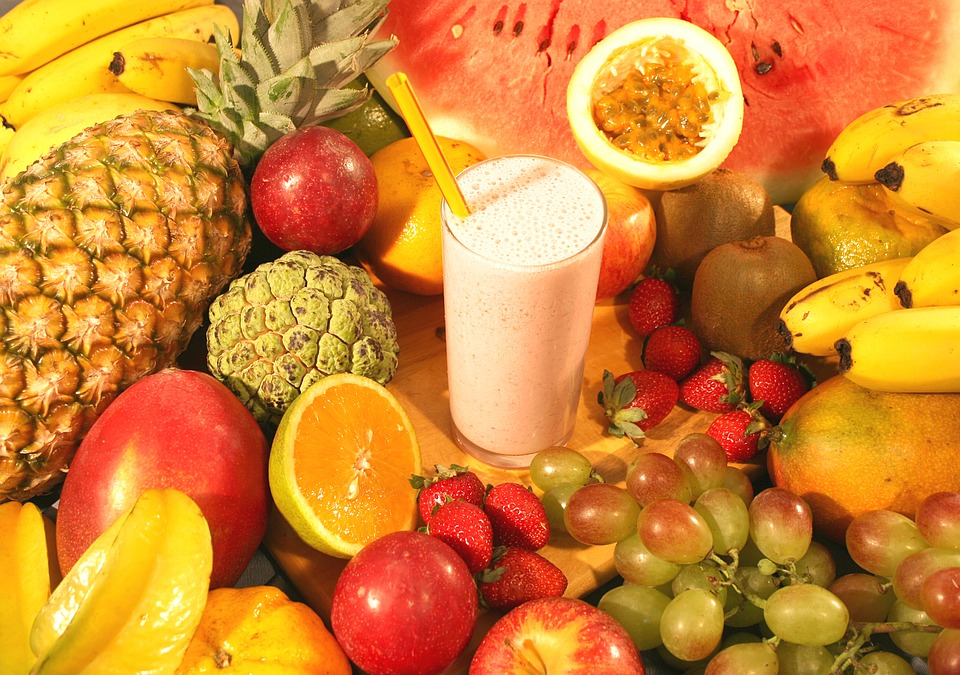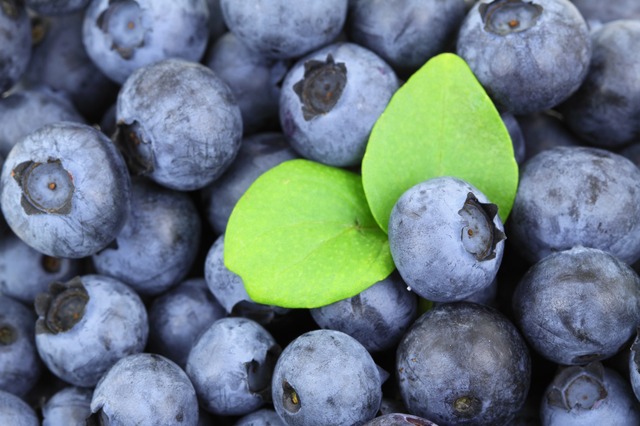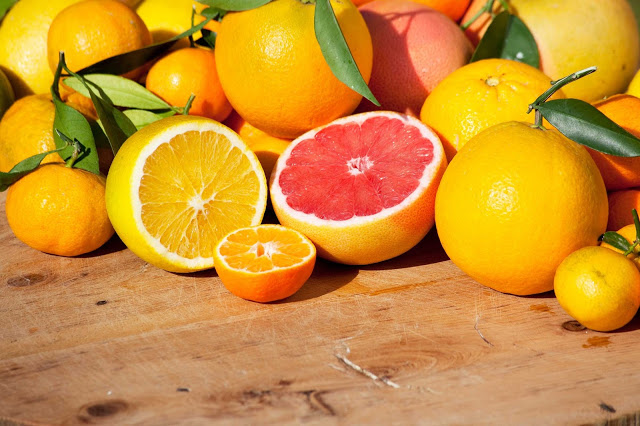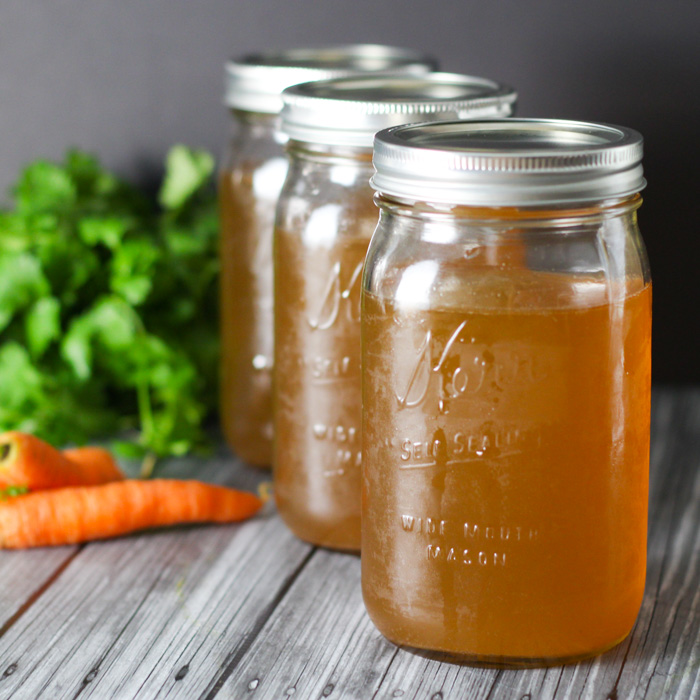NaturalNews| Not only does the FDA refuse to test food toxins for safety, but they never test them in combination to find out how they may be damaging Americans’ ability to think. Medical doctors go to college for at least eight years to study how different prescription medications can or cannot be combined, due to the dangers of blood toxicity or brain damage, but they never study food chemicals. In fact, they don’t even study how food chemicals affect prescription drug chemicals. Go figure! Some food chemicals are more dangerous than the chemicals found in medications and vaccines. Aspartame and monosodium glutamate (MSG) are both genetically modified neurotoxins and should be classified as narcotics, but they’re not. These food toxins cause brain fog, headaches, anxiety […] Read More
Category: Food
If you want a chewy snack, get pumpkin seeds. They have many good items like copper, zinc, magnesium, protein and are power food. They also have free radical fighting agents and phytosterols for the health. They have fibers so aid digestion and they have 1000 calories per 50 g. No need to keep them in the fridge, they are snack to go! THE BENEFITS OF PUMPKIN SEEDS Mg for the heart– ¼ cup of these seeds is daily dose Mg for ATP energy molecules, synthesis of RNA and DNA, pumping of heart, teeth and bone health, energy, relaxing blood vessels, good bowels and more. Also pressure is better, no risk of cardiac arrests, strokes, attacks. In USA 80% people lack Mg. Zinc for immunity– these […] Read More
By Dr. Mercola According to a study by AARP,1 93 percent of Americans are concerned with their brain health, but very few understood some of the natural strategies they could use to improve it. Contrary to popular belief, your brain function and cognitive performance do not have to decline with age. There are steps you can take that influence your memory, processing, executive functions and more. Even if you are already in your “golden years,” simple changes may prompt brain health for the better. For instance, where once it was believed that neurons were only generated early in life, scientists now know that neurogenesis (generation of new neurons) continues into adulthood.2 Exactly what influences the rate of new neuron growth is still being explored, as are other […] Read More

You’ve seen them and maybe you’ve bought them, cartons and plastic bottles of orange juice labeled “freshly squeezed.” But there are some relatively unknown trade secrets that will question the validity of these marketing claims for orange juice. “Freshly squeezed” does not mean they are not highly processed. Let’s start with the obvious. Almost all juices, including orange juice, are pasteurized. That’s an FDA requirement to ensure we don’t get the bugs that cause gastrointestinal (GI) diseases such as E. coli and Salmonella. Pasteurization involves heating, and heating harms nutrients, especially enzymes. Enzymes are vital as metabolic catalysts. They help vitamins and minerals function as nature intended. Thus they are often more important than the vitamins and minerals themselves. When they don’t get properly metabolized […] Read More

The following is an excerpt from The Cheese Trap: How Breaking a Surprising Addiction Will Help You Lose Weight, Gain Energy, and Get Healthy, which was released by Hachette Book Group. Which foods do you find most addictive? That’s the question University of Michigan researchers asked. The idea was, which foods lead you to lose control over how much you eat? Which ones are hard to limit? Which ones do you eat despite negative consequences? The researchers surveyed 384 people and here is what they found: Problem food #5 is ice cream. Problem food #4 is cookies. Chips and chocolate were tied for #3 and #2. But the most problematic food of all was — drum roll, please — pizza. Yes, gooey cheese melting over […] Read More

Superfoods are a pretty overrated phrase, but here are four foods that can be called “super.” “Superfood” is a popular buzzword you’ve probably seen on health blogs, in grocery stores, and from well-meaning friends. And every year, there’s a new trending “superfood”. Whether the latest fad is a rare fruit from the Amazon or a seed that cures every disease known to man, most superfoods build on hype, not evidence of real health benefits. So although there’s no such thing as a “superfood”, we’ve put together a shortlist of four foods that have substantial evidence behind them. 1. Dark berries Dark berries, including blueberries, are a rich source of anthocyanins and pterostilbene. Anthocyanins are thought to be the probable reason why dark berries can influence […] Read More

(NaturalHealth365) New research is indicating that eating more oranges, grapefruits and other citrus fruits could help to offset the effects of age-related cognitive impairment and dementia. The research was conducted by scientists at Tohuku University in Japan. Keep in mind (no pun intended), that these benefits of eating citrus fruits were found to be substantial. In fact, there was as much as a 23 percent average risk reduction for getting Alzheimer’s disease and other forms of dementia. Not bad, when you consider the alternative of eating unhealthy foods, less brain function and the final years of life on all sorts of ineffective pharmaceutical drugs for dementia. Daily consumption of citrus fruits minimize your risk of dementia The study looked at over 13,000 older and elderly […] Read More

Listed below are four lethal connections between Big Pharma and some of our most popular consumer products, of which all consumers deserve to be made aware. Nestlé and Prometheus Therapeutics & Diagnostics Nestlé is the world’s largest food & beverage corporation, owning more than 2,000 brands in 191 countries. The vast majority of Nestlé’s profits come from dairy-centric products. Some of their most popular brands include Gerber Baby, Nesquik Chocolate Milk, Toll House, Kit Kat, Crunch Bar, Hot Pockets, DiGiorno, Lean Cuisine, and Dreyer’s Ice Cream. Nestlé also owns the pharmaceutical company Prometheus Therapeutics and Diagnostics, whose message to doctors is: “Prometheus is your partner in helping patients with chronic digestive disorders live active, healthy lives.” Celiac disease is one of today’s most prevalent and […] Read More

Eating walnuts may keep your digestive system happy. Researchers found that walnuts act as a prebiotic in the gut, increasing levels of good probiotic bacteria and as well as its diversity. “Gut health is an emerging research area, but we are seeing that greater bacterial diversity may be associated with better health outcomes, whereas low diversity has been linked to conditions such as obesity and inflammatory bowel disease,” said lead researcher Lauri Byerley, Ph.D. of Louisiana State University. In the study, rats were randomly assigned to a diet containing ground walnuts, equivalent to about 2 ounces (1/2 cup) per day in humans, or a diet without walnuts for up to 10 weeks. The two diet groups consumed similar amounts of calories and nutrients. Compared to […] Read More

There has been a lot of hub-bub about the benefits of bone broth in health circles lately. It is wise (and sane) not to immediately get on the bandwagon of every latest health fad. In the case of bone broth’s effect on the immune system, however, it is definitely worth a look. You may know that bone broth consumption has actually been around for thousands of years, but you might not know how bone broth can help specifically with cancer prevention and healing. Bone Broth Has Ancient Roots Weston A. Price spent an entire decade interviewing the world’s healthiest people. When he arrived in the Rocky Mountain Range in the far north of Canada, he wrote this about the eating habits of the native peoples […] Read More
